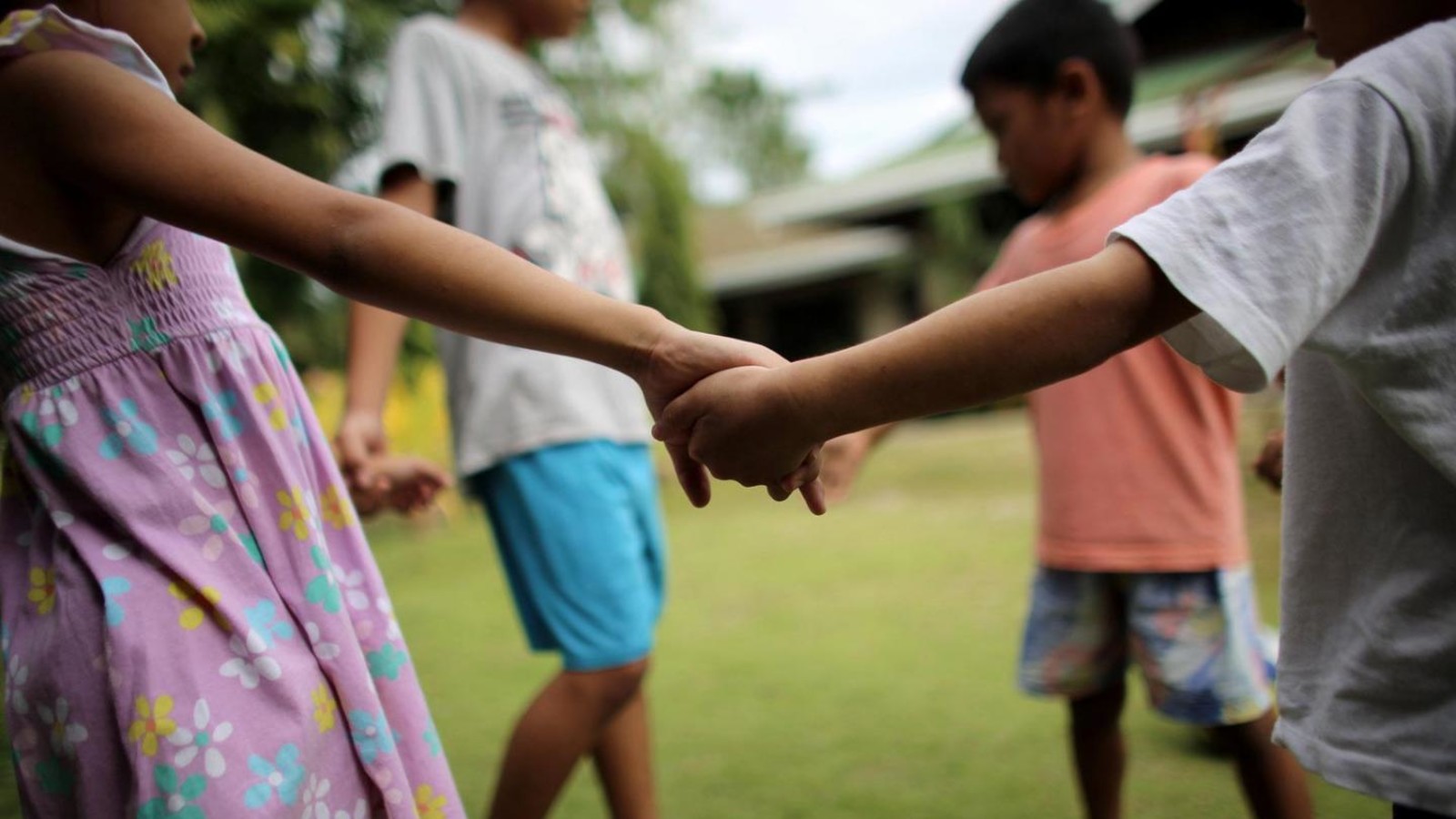At ECW, we believe that strengthened collaboration between governments, multilateral organisations and UN agencies, civil society and the private sector is key to achieving equitable, inclusive quality learning opportunities for all girls and boys affected by conflict, forced displacement, climate-induced disasters and other crises.
To support ECW or make a donation, please contact:
Nasser Faqih, Chief of Strategic Partnerships
Our Donors
ECW’s investments are made possible thanks to the generous contributions from our supporters. ECW would like to acknowledge the support of its donors and partners, both public and private, who enable the Fund to reach millions of children and adolescents around the world.
One of ECW’s central commitments is to catalyze significant additional resources to support access, quality, continuity, protection, equity and gender equality. To meet this target, ECW engages with government donors, the private and philanthropic sectors, and development banks, and applies innovative financing. This engagement is done through a three-pronged approach:
- Raising resources for the ECW global fund at the central level
- Leveraging resources for ECW-facilitated joint programmes at the country level
- Advocating for increased global and national resources for the education response in emergencies and protracted crises
How to Support ECW
Public Sector
In line with the Grand Bargain, ECW encourages public sector donors to increase their public funding to education in emergencies from both development and humanitarian budgets, and provide multi-year flexible funding to ensure an efficient and effective response on the ground.
Private Sector
ECW offers several partnership opportunities with the private sector, through financial support including gifts and matching contributions, joint communication and advocacy, in-kind and technical support and co-creation of innovative solutions.
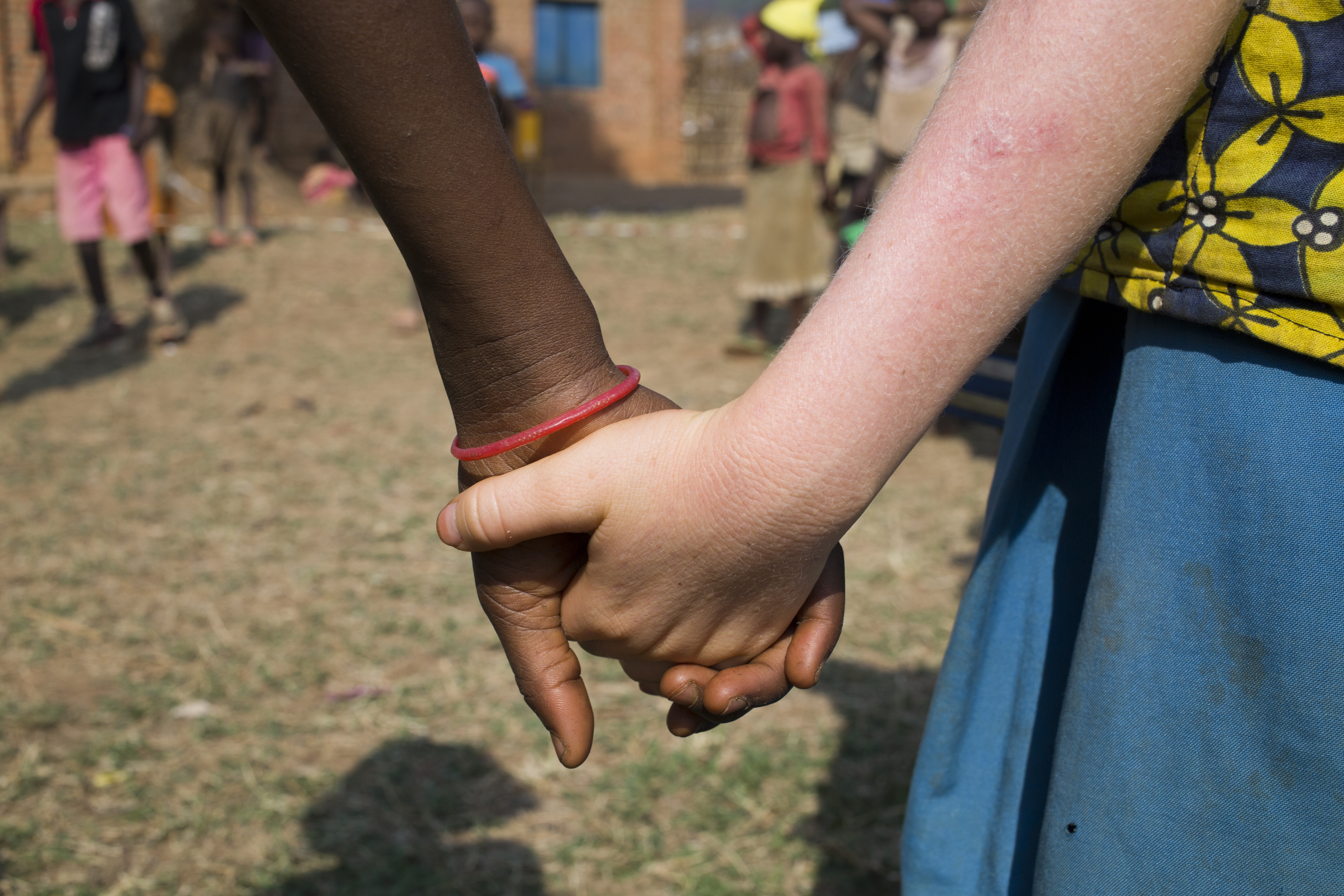
Multilateral Partners
ECW is established within the UN system and works closely with other multilateral stakeholders, such as the European Union, African Union, World Bank/Global Partnership for Education, amongst others, as well as UN entities including UNICEF, UNESCO, UNHCR and WFP. The ECW Secretariat is hosted by UNICEF, while operations are run by the Fund’s own independent governance structure. Together with its multilateral partners, ECW works at the global, regional and national levels to end siloed responses through joint programming, increased efficiency, and connecting immediate relief and longer-term interventions.
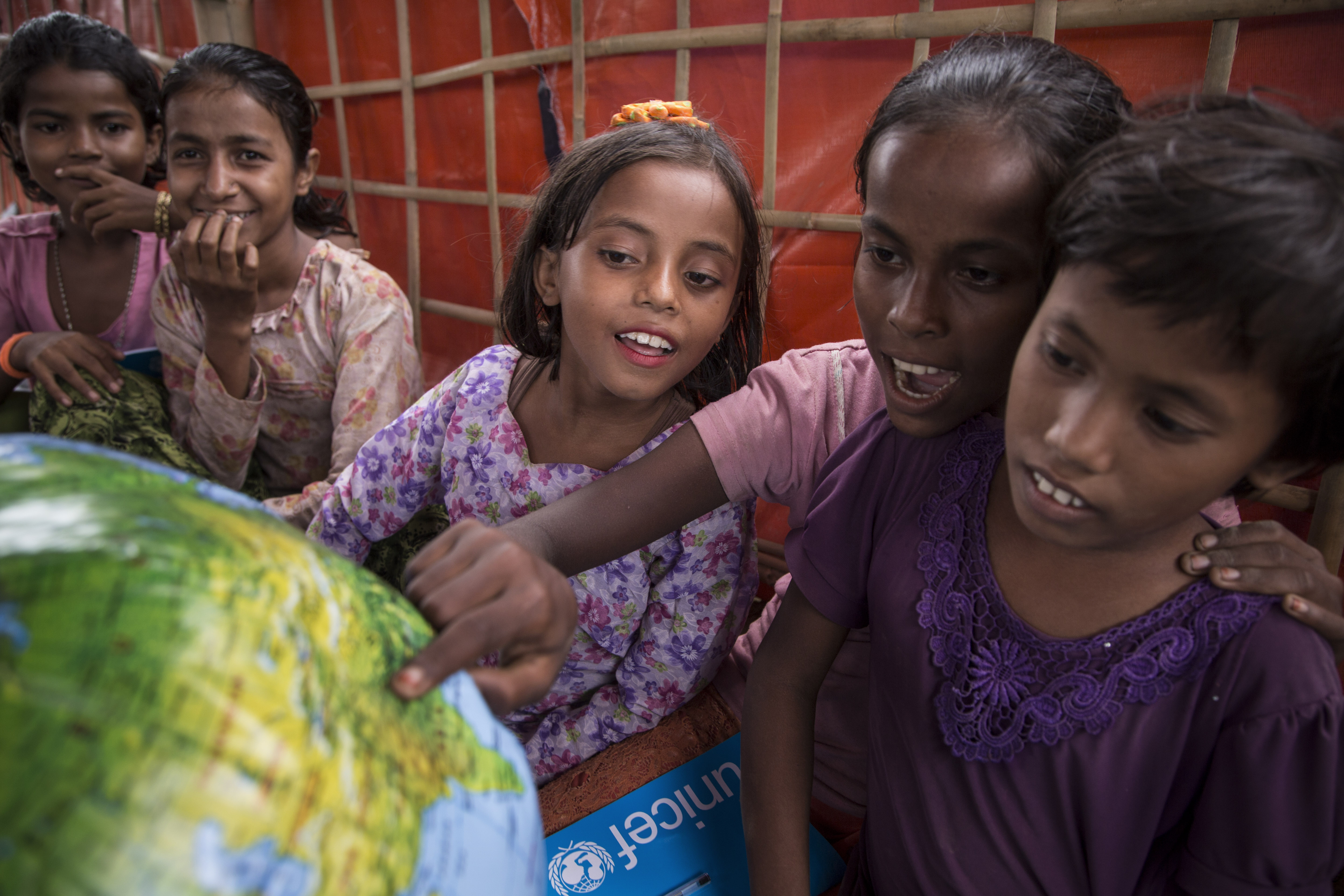
Civil Society Partners
ECW works closely with civil society partners to build a global advocacy movement supporting education in emergencies and protracted crises. Civil society partners have been a driving force behind the creation of ECW’s global movement and continue to be key stakeholders in ECW’s global advocacy efforts. Civil society is represented in ECW’s governance through three constituencies: the Civil Society Constituency, Teachers’ Constituency and Youth Constituency.
A wide range of international and national civil society organisations are also implementing ECW’s investments, ensuring the delivery of education in emergencies programmes to children and adolescents living in crisis-affected countries.
Host Governments
ECW rallies host governments and all relevant partners to develop context-specific responses to reach the most vulnerable and marginalized children and adolescents – with a focus on girls, forcibly displaced children and children with disabilities. ECW-funded programmes are aligned to national education sector plans and relevant strategies, where they exist, to support national authorities in fulfilling the right to education for all girls and boys and advancing Sustainable Development Goal 4 on quality universal education.
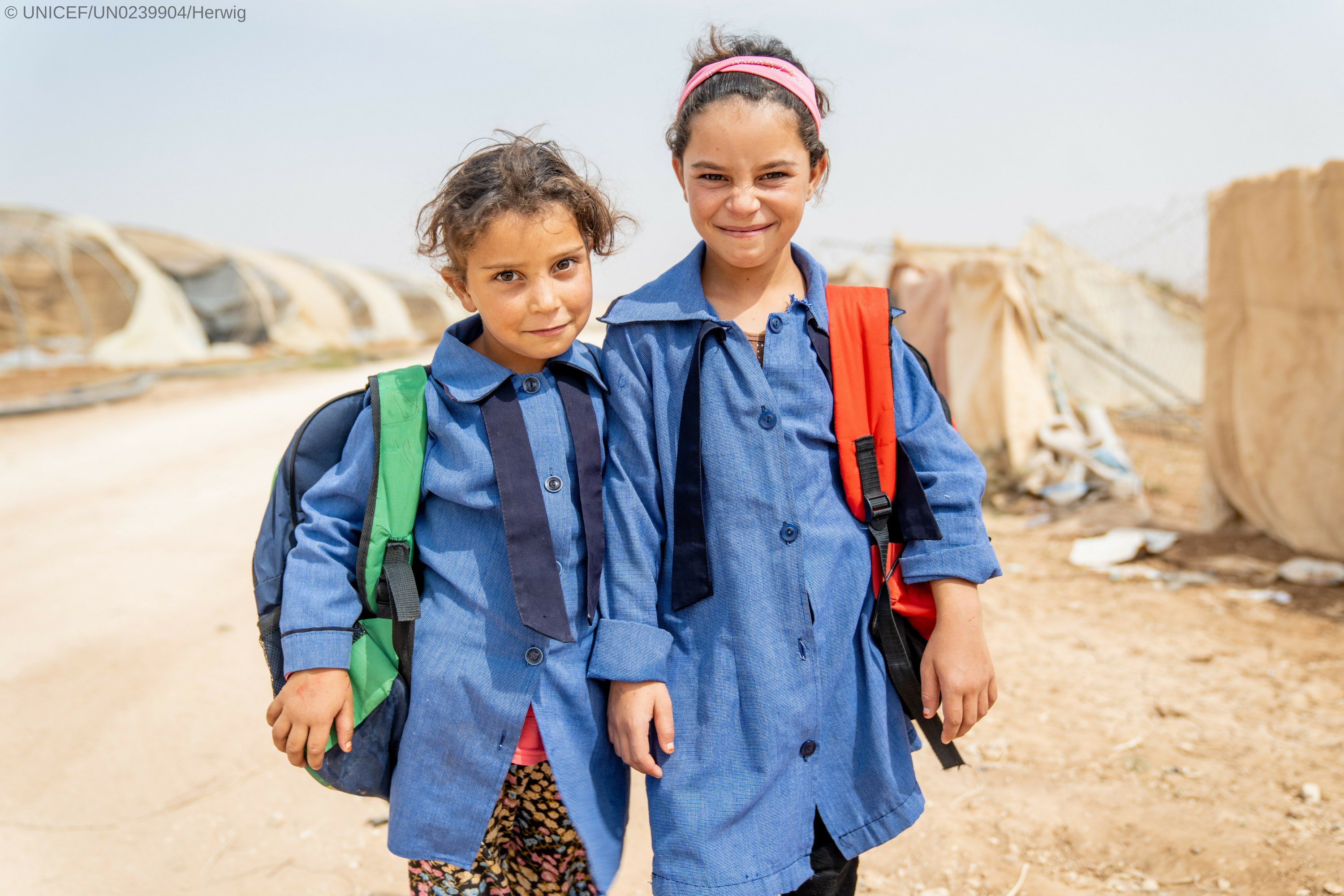
Explore Further
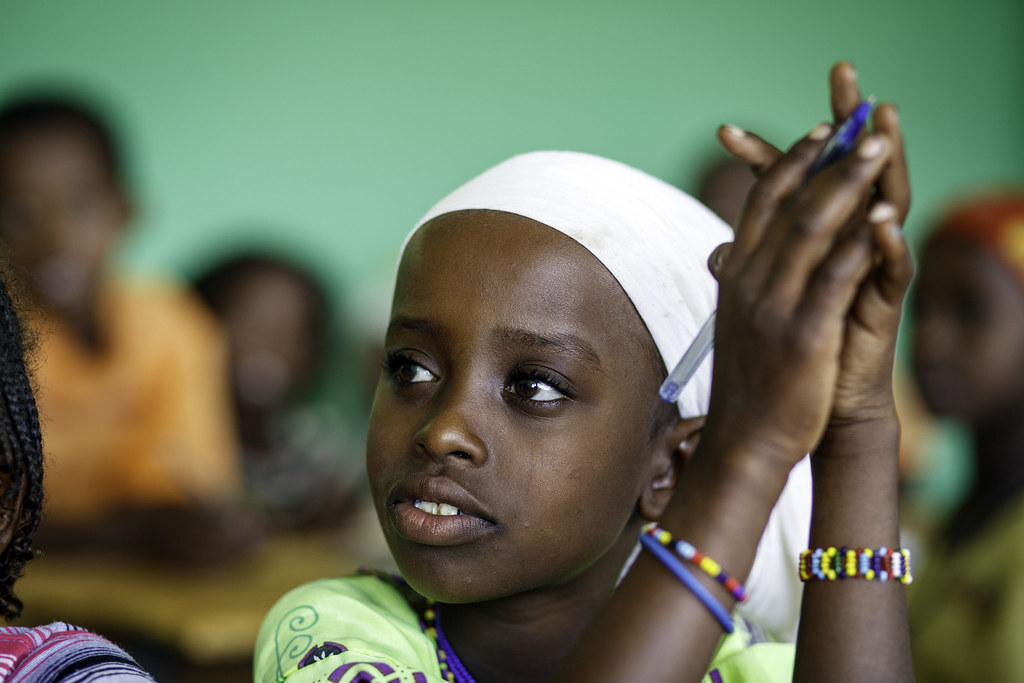
Human Stories
Go beyond the numbers and get to know the inspiring stories and faces at the heart of ECW results!
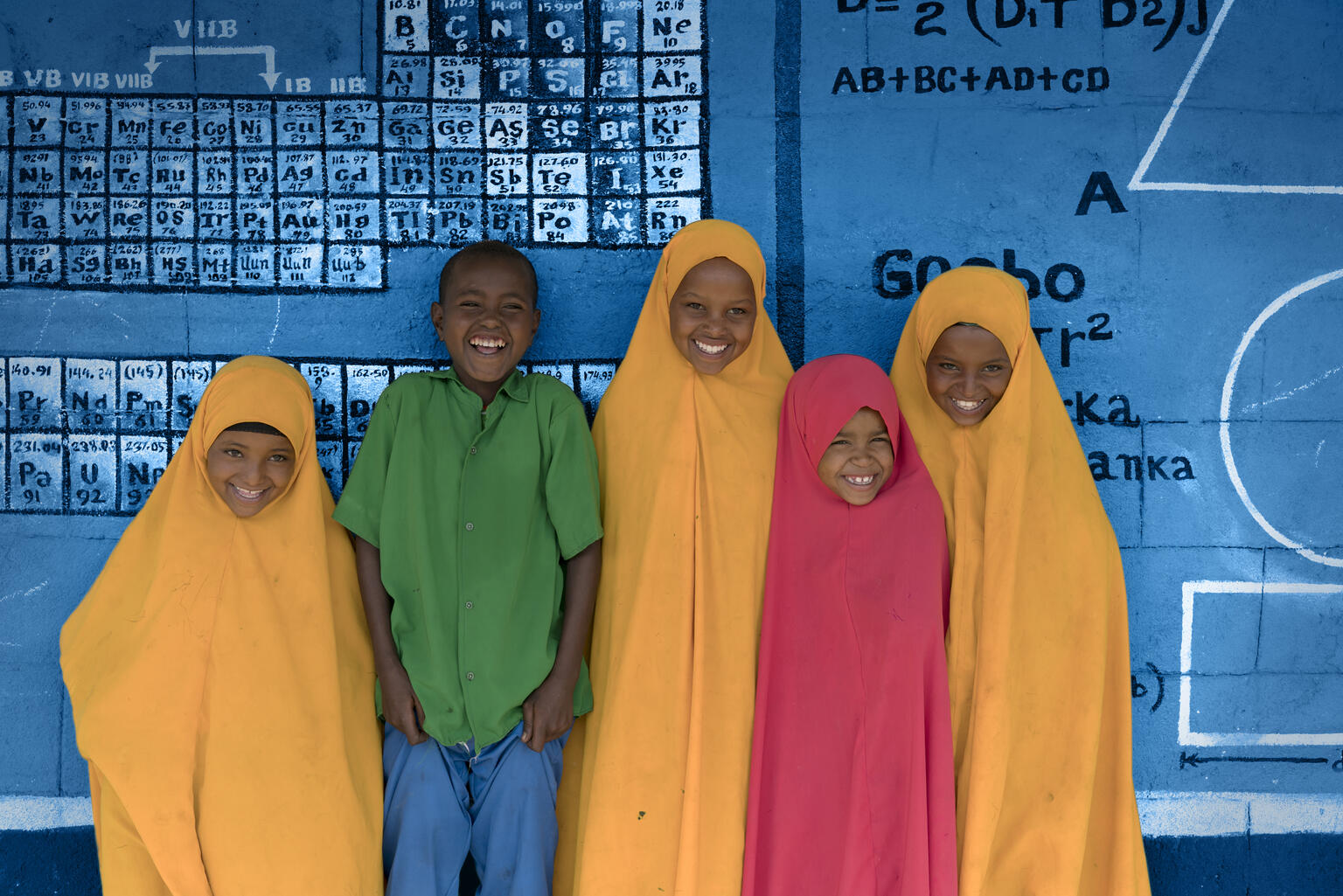
Our Investments
Learn more about ECW investments which are reaching crisis-affected girls and boys around the world with education.
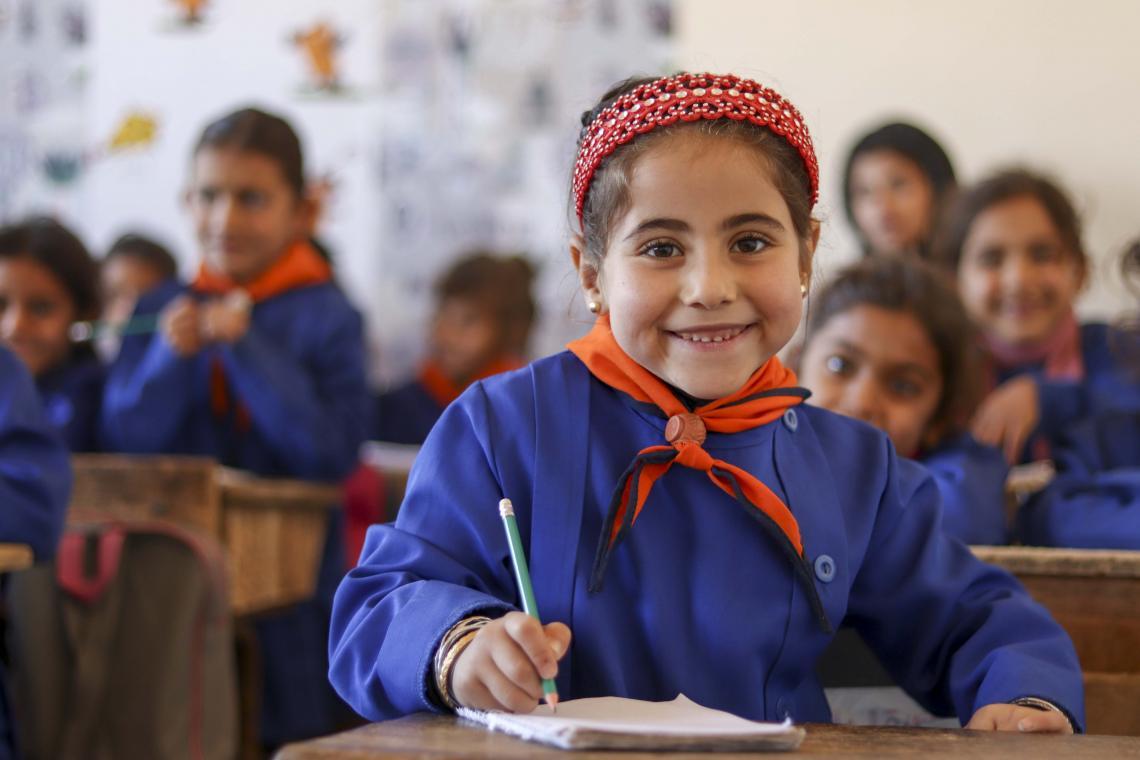
Impact & Results
See the impact of ECW’s work to reach the children and adolescents left furthest behind.

